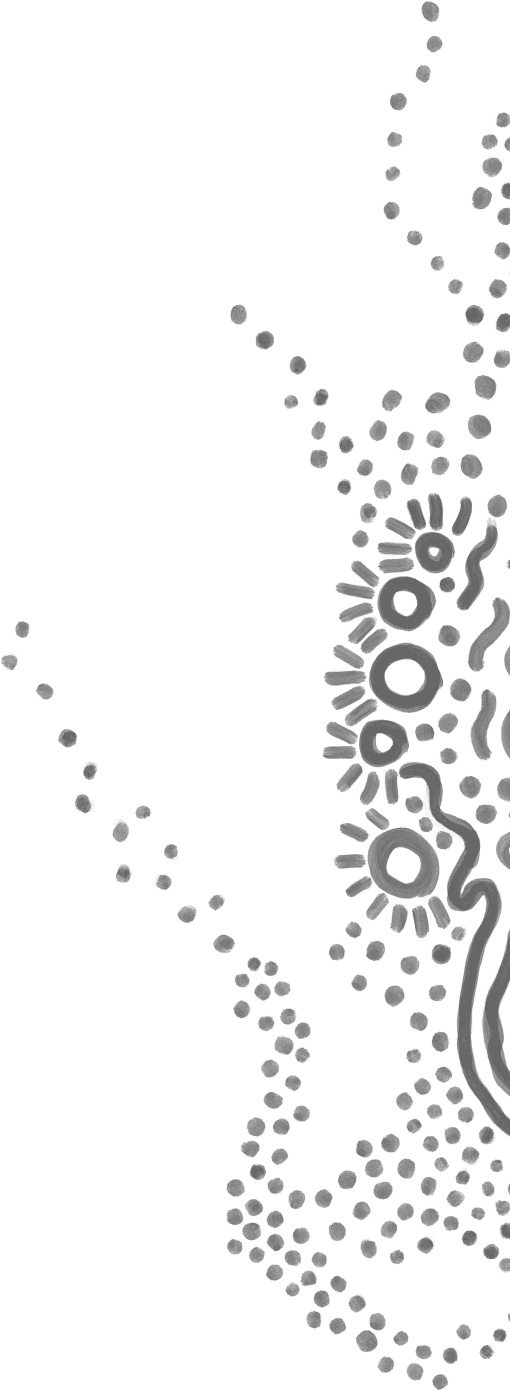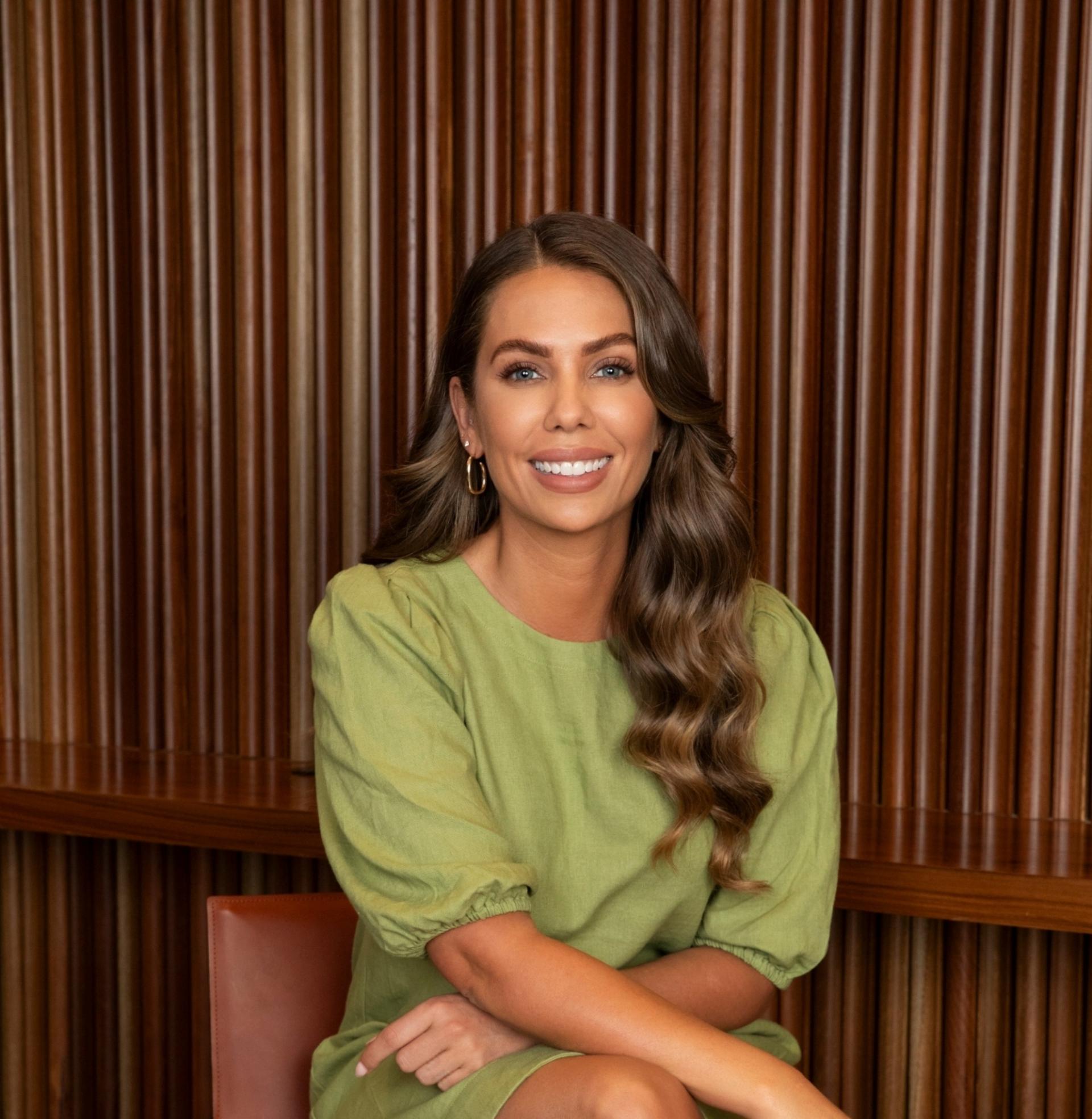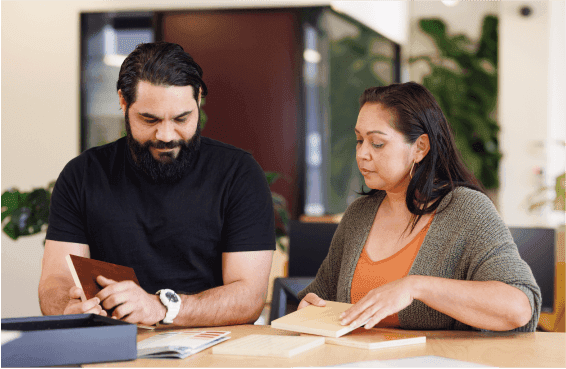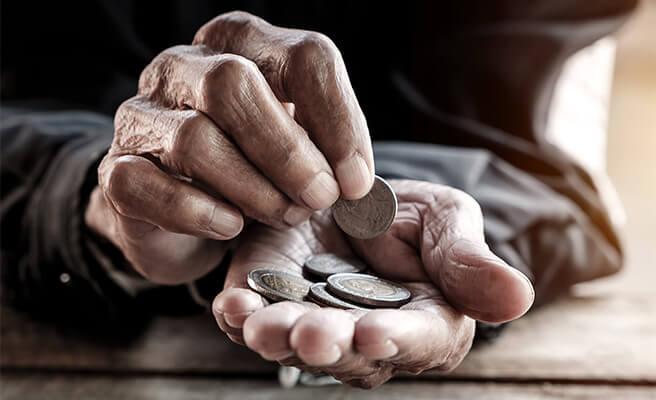October 1, 2021
By Naomi Steer
Empowering women to transform communities
By Naomi Steer
October 1, 2021
Share this article


Australia for UNHCR’s Leading Women Fund is a perfect example of how empowering women can transform entire communities, just like the dedicated First Nations Foundation women’s initiative.
By Naomi Steer, National Director of Australia for UNHCR – the UN Refugee Agency
Since founding Australia for UNHCR more than 21 years ago I’ve dreamed of how we can connect women in Australia to refugee and displaced women across the world.
Focusing on empowering women is a key strategy in lifting entire communities out of insecurity. Looking at First Nations Foundation’s targeted work supporting women in Australia with financial literacy and skills is key domestically, paralleling our work globally.
Displacement is a gendered issue. Women and girls are more disproportionally impacted by the conflict, climate, and insecurity that precede displacement crises. Sadly, displacement itself holds its own specific vulnerabilities for women and girls – including exploitation, additional marginalisation and limited access to education, livelihoods, and health services.
We know that financial independence and economic resilience are key to empowering all women but more so for women and girls who have lost normal means of support – their homes, families and communities.
Many refugee women are single heads of households responsible for the wellbeing of their children. With no means of support, they are extremely vulnerable.
I saw this firsthand when I befriended a group of refugee women who had come together to support each other in Kampala, Uganda. They came from many different countries in the region but were unified by the common challenges they faced and the hope that things could be better.
When I first met them, some were living with their children on the street, worried about the safety of themselves and their daughters – particularly sexual and gender-based violence, and other forms of abuse and exploitation.
They had already come together to form a craft group – making small items to sell in the street. But their income was very marginal. We worked with the women on a business plan for six months including distribution channels for their product. It wasn’t easy – many of the women had to walk long distances to come to our meetings and training in business and product design.
However, we all persisted together and that fledging group of six grew to 36 women supporting a community of 1200 people. They make products for our donors and other corporate partners. With a regular income, these women could rent somewhere to live, send their children to school, and even set up small businesses and micro-lending.
Emmaculata, a single mother of four children, was literally living hand to mouth when I met her. The regular income she earned from our orders was life changing. She was able to move from the street into a small home. She saved up to buy a grinding mill for flour and ended up employing two people. The last time I saw her, she told me with mixed laughter and pride that she was planning to buy some land – “I am now going to be a landlady!”
Emmaculata was just one of several women whose lives and families I saw transformed by this simple form of financial empowerment.
I saw two key opportunities to inform our work. One, when you empower a woman through financial and livelihood support, you empower her whole family and the wider community. Two, there is a huge pool of dynamic professional women in Australia who want to be part of solutions – and can contribute their knowledge and skills, as well as funds, to help other women succeed.
Last year we launched the Leading Women Fund, our initiative to support women globally. In the pilot program we asked a select group of donors to help with cash assistance to refugee women, providing them with the dignity and agency to make the right choices for their families.
Each donor to the Leading Women Fund supports a Syrian refugee woman and her family, enabling her to meet the essential costs of living like rent, bills, and food. One third of Syrian refugee households in Jordan are led by a woman, however legitimate paid work for them is hard to secure – particularly now the economy has been so badly affected by the pandemic.
This monthly cash assistance support is vital – 80% of Syrian refugees living in Jordanian host communities have reported resorting to ‘crisis or emergency’ negative coping strategies such as taking children out of school and incurring dangerous debt.
Supporting financial resilience is a proven, cost-effective, and dignified form of assistance. Research released by UNHCR in Jordan earlier this year revealed almost all recipients reported cash assistance improved their quality of life and reduced feelings of stress.
In fact, providing cash directly to beneficiaries not only gives refugees the dignity to decide for themselves how to best utilise the funds but also has the added benefit of contributing directly to the local economy – something that is more important than ever right now with ongoing socio-economic impacts from the pandemic.
We’ve now also added micro-business training and entrepreneurial workshops into the Fund’s growing umbrella of programs.
My hope for the Leading Women Fund is that we can create a global community of women working together for gender equality — which is, as the UN Secretary-General António Guterres described it, “the unfinished business of our time”.
The First Nations Foundation women’s initiative has built an engaged online network of more than 1000 women sharing stories and experiences, and we look to do the same. Connection and relationships are just as important in this work as everything else.
While we can provide life-saving support to displaced women, I believe there’s a lot we can receive from them too. We have a great deal to learn from the strength, leadership, and insight of refugee women and girls. This is an opportunity to create a life-changing and long-lasting impact in the lives of both Australian and displaced women.
Learn more about the Leading Women Fund here.
Share this article


Related articles
Media release
May 26, 2025

Media release
May 26, 2025
First Nations Foundation Welcomes Leah Bennett as Managing Director
Read more
Media release
August 6, 2024

Media release
August 6, 2024
First Nations Foundation partners with Morningstar to launch investment training for Aboriginal and Torres Strait Islander people
Read more
Media release
May 31, 2024

Media release
May 31, 2024
FNF calls on government and financial institutions to do more for economic reconciliation
Read more